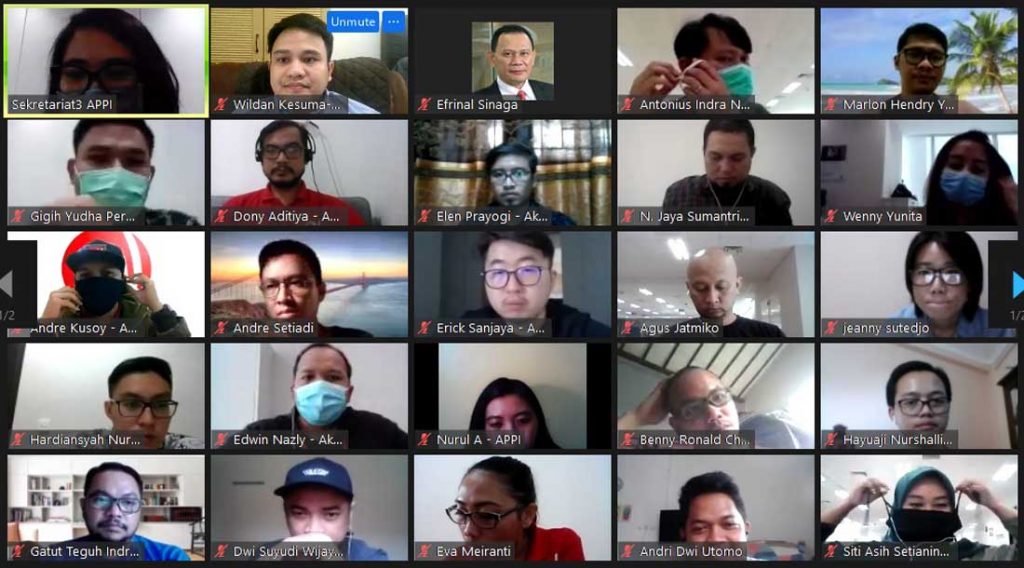JAKARTA – The economic turmoil that occurred during the Covid-19 pandemic in Indonesia was certainly felt by all companies in the financing industry. Now finance companies have to take additional steps in increasingly challenging economic conditions.
General Chair of the Association of Indonesian Financing Companies (APPI), Suwandi Wiratno, said that the biggest challenge facing finance companies is maintaining the company’s cash flow during this pandemic.
“How to maintain cash flow and collection must be good so that the company can continue running. “Even though purchasing power is currently decreasing, there must still be good bookings so that the company’s cash flow remains good,” said Suwandi.
To answer this challenge, the government through the Financial Services Authority (OJK) has issued a credit restructuring policy for banks and finance companies. But it doesn’t just stop there, companies are also expected to make innovative financing steps by developing financial capacity and also improving risk management parameters.
In line with this direction, President Director of Akulaku Finance Indonesia, Efrinal Sinaga, said that the company has actively carried out complete preparations to respond to challenges during the pandemic. The first preparation is to carry out OJK’s directions in implementing the restructuring policy.
In accordance with OJK’s directions, until July 2020, Akulaku Finance had restructured 13,876 debtors with total loans reaching IDR 47.3 billion, of the total customers who applied for relief reached 36,478 customers.
“The next preparation is to improve risk management by increasing risk management mitigation parameters, and the third is by strengthening the competence of Akulaku Finance employees regarding financing industry regulations and consumer protection,” said Efrinal.
To guarantee the quality of the material and experienced teaching staff in the financing industry, Akulaku Finance collaborates with APPI to provide in-depth training regarding regulations, good practice, bad practice, as well as cases that occur in the financing industry to dozens of managerial level employees and above.
In terms of improving risk management parameters, Akulaku Finance continues to improve the quality of financing by increasing data accuracy through data verification, scoring potential debtors, insurance for financing objects, and life insurance for customers.
In addition, increasing employee competency is carried out through training on various regulations related to the financing industry as well as consumer protection regulations. These two regulations are very important to use as a benchmark so that Akulaku Finance can further improve services to maintain consumer loyalty.
The principles of consumer protection in question are transparency of information conveyed to consumers clearly, fair treatment of consumers to obtain equal access to financial products according to the specified classification, reliable and accurate service where the system of procedures and infrastructure as well as human resources must be qualified and professional, guaranteeing the confidentiality of consumers’ personal data, and also handling complaints and resolving consumer disputes quickly.
All of these things will of course continue to be improved by Akulaku Finance as a provider of digital-based financing services which continues to prioritize aspects of excellence in various aspects of its operations. By strengthening various internal systems, human resources, and following the regulator’s directions, Akulaku Finance is optimistic that it can mitigate the impact of this pandemic.
Responding to the steps taken by Akulaku Finance, Suwandi believes that all finance companies should have good mitigation strategies to be able to survive in this pandemic era. He also has a view that with the current situation and strategies implemented by finance companies, Suwandi is optimistic that the finance industry can return to stability next year if the strategies implemented are effective.

